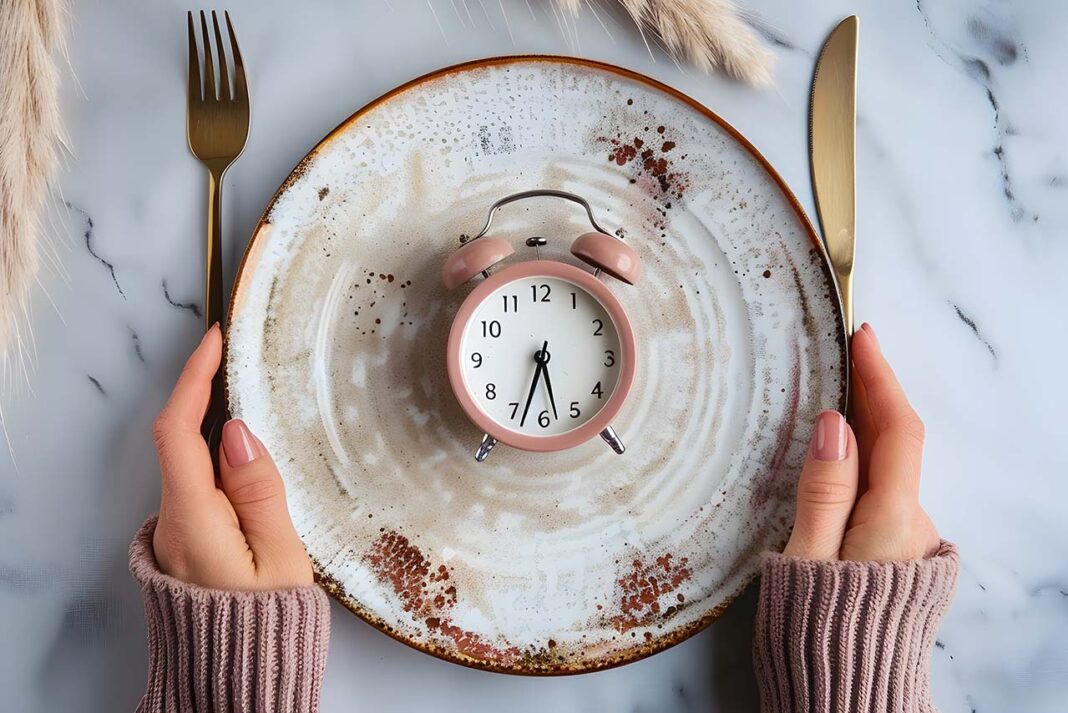If we take a moment to really look at our lives, we notice that most of the things we do are done without thinking. Reaching for our phone automatically when we wake up, sitting in the same chair at the table, or convincing ourselves, “This is how it’s always done in our family” when making a decision… These actions often feel natural. Because we don’t question them, we continue living without knowing where they came from.
The human mind is very inclined to maintain habits it already has. In psychology, this is because the brain wants to conserve energy. Thinking through everything from scratch is tiring. So, behaviors we have learned before are repeated automatically without questioning. At first glance, this seems convenient. But the danger is that our minds can adopt habits that don’t truly belong to us as if they were our own choices.
The Origins of Habits
Sometimes, these habits are shaped during childhood. What we saw, heard, or were taught as children continues to influence our behaviors into adulthood, often without our realizing it. For example, someone who constantly hears “What will people think?” from their family may start making decisions based on others’ approval rather than their own needs. Or a child who is always rushed and pressured at home may continue living in a state of constant hurry throughout life.
We see this frequently in society, too. Many behaviors are continued simply because “that’s how it’s always done,” even if no one really knows why. In the workplace, for example, phrases like “this is how meetings are done” are often just repeated patterns from the past. Nobody asks, “Does this actually help us?” Because questioning takes courage, and thinking differently from the crowd can feel uncomfortable.
The Cost of Unquestioned Habits
When we live without questioning, we unknowingly give up our freedom. Our lives are shaped not by us, but by habits, patterns, and inherited rules. Years can pass, and we may find ourselves living a life full of actions whose reasons we don’t even know.
The beauty of questioning is that it gives us the power to make choices. Questioning doesn’t mean criticizing or resisting—it means asking yourself, “Is this truly right for me?” If the habit is genuinely beneficial, we can continue it consciously. If it drains us or no longer serves us, we have the chance to change it. That’s when we take the reins of our lives back.
Everyday Actions and Awareness
Consider this: every day we may repeat dozens of actions simply because that’s how we learned them. Always sitting in the same chair, always taking the same route, always speaking in the same pattern… These may seem small, but life is made up of these tiny automatic behaviors. If we continue them unquestioned, we are essentially living much of our lives following someone else’s traces.
The awareness that comes from questioning extends beyond actions to emotions as well. For instance, if someone tells you, “You shout when you’re angry,” do you really make this choice, or is it a pattern you observed growing up? Or when you constantly procrastinate, is it really because of your own reluctance, or is it a reflection of the “others first, you later” mindset you were taught? Asking these questions helps you see the backstage of your own life.
The Courage to Question
Yes, questioning is difficult, because it sets you apart from the crowd. But it is also invaluable, because it brings you closer to yourself.
Perhaps we can start with a small daily reminder:
“Am I doing this because I truly want to, or just because I’ve seen it done this way?”
If the answer is the first, then our habits serve us. If the second dominates, perhaps it’s time to make a change.
Ultimately, questioning gives us freedom. An authentic life is built on our own choices, not in the shadow of habits inherited from the past or rules whose origins we don’t know.
Forming Conscious Relationships with the Past
Perhaps the most valuable insight is this: questioning is not about rejecting the past, but about forming a conscious relationship with it. We have learned many things from our ancestors, family, and society. Some of these lessons still serve us and nourish us. Others are merely old patterns that no longer fit today. Questioning allows us to distinguish between the two, transforming what we carry into experiences that truly serve us.
Life is not a ready-made script left for us. We all have our own stage, our own lines. If we keep repeating memorized words, we play someone else’s role. But when we write our own lines, that stage truly belongs to us.
Drawing our own path, standing apart from the crowd, and asking “Why?” takes courage. And yet, that courage makes life more authentic, meaningful, and ours.


